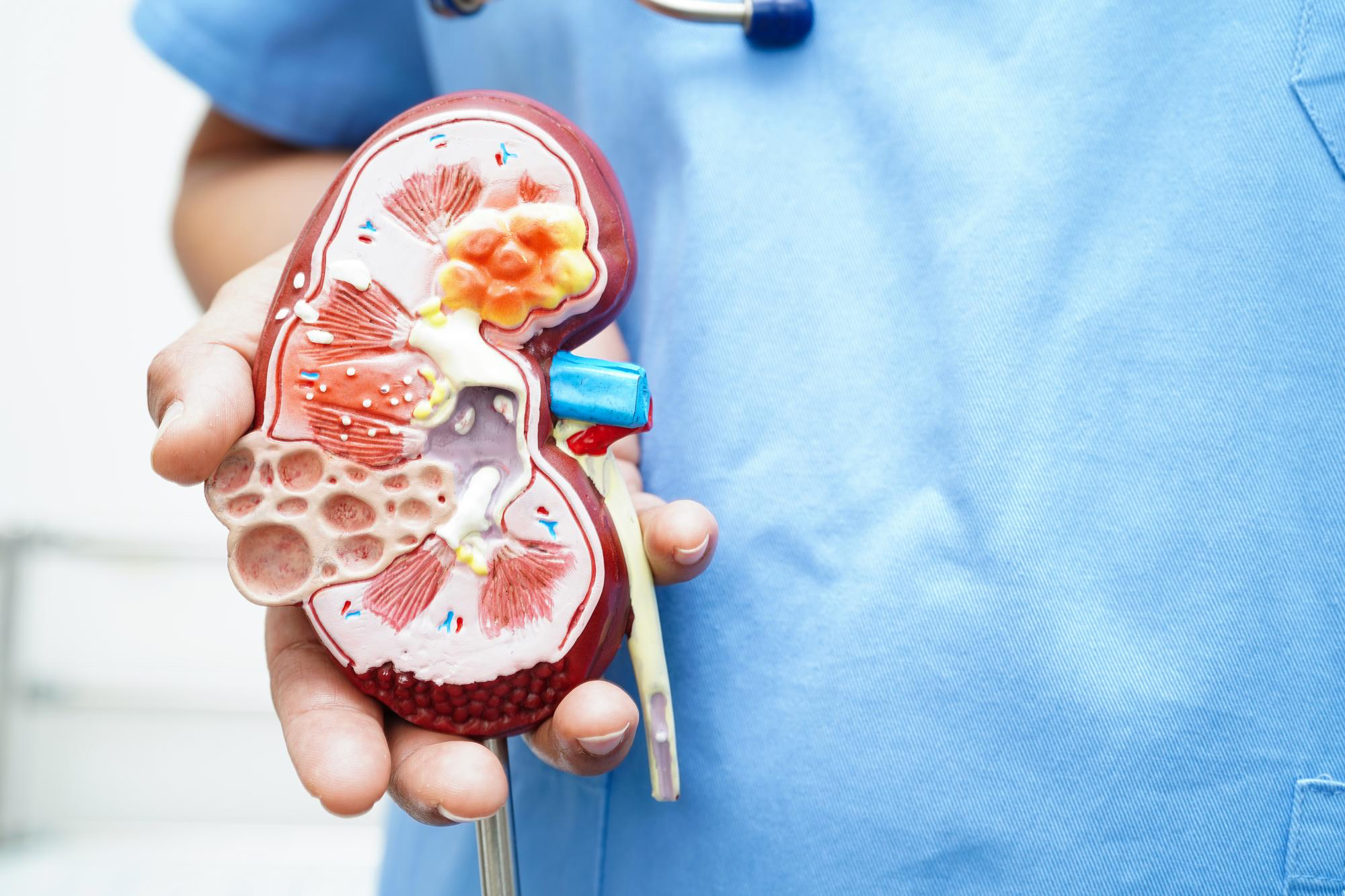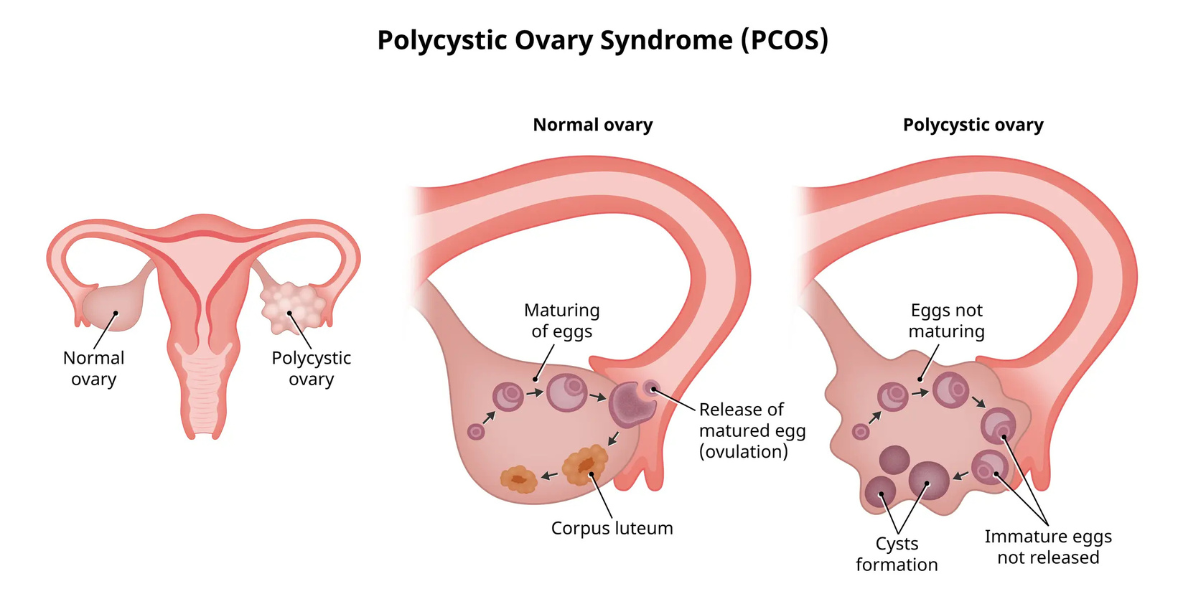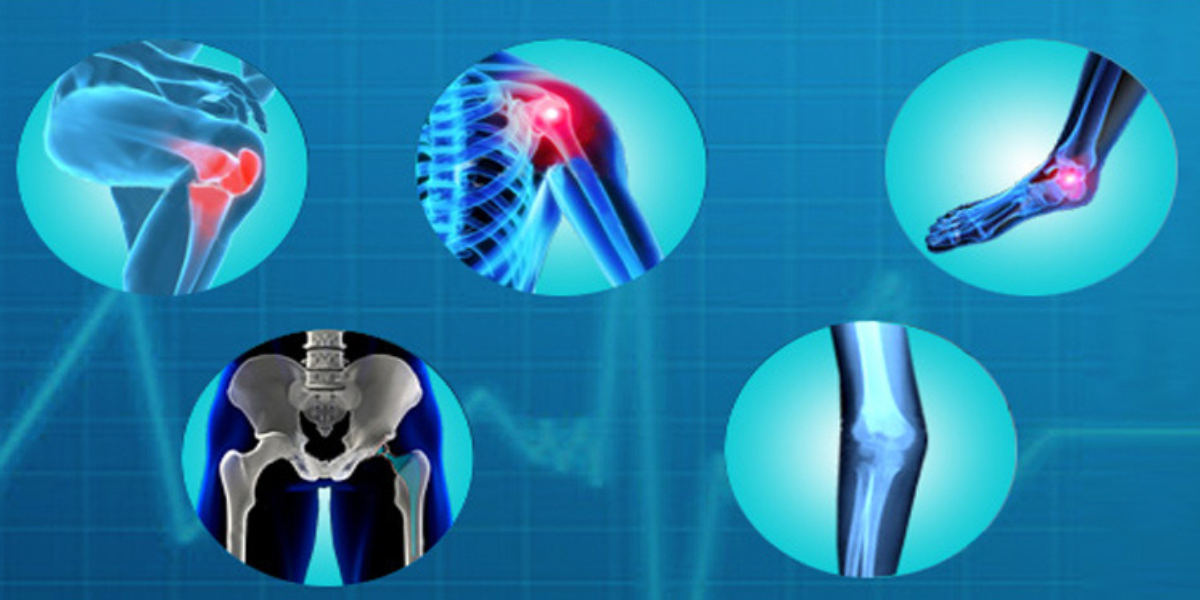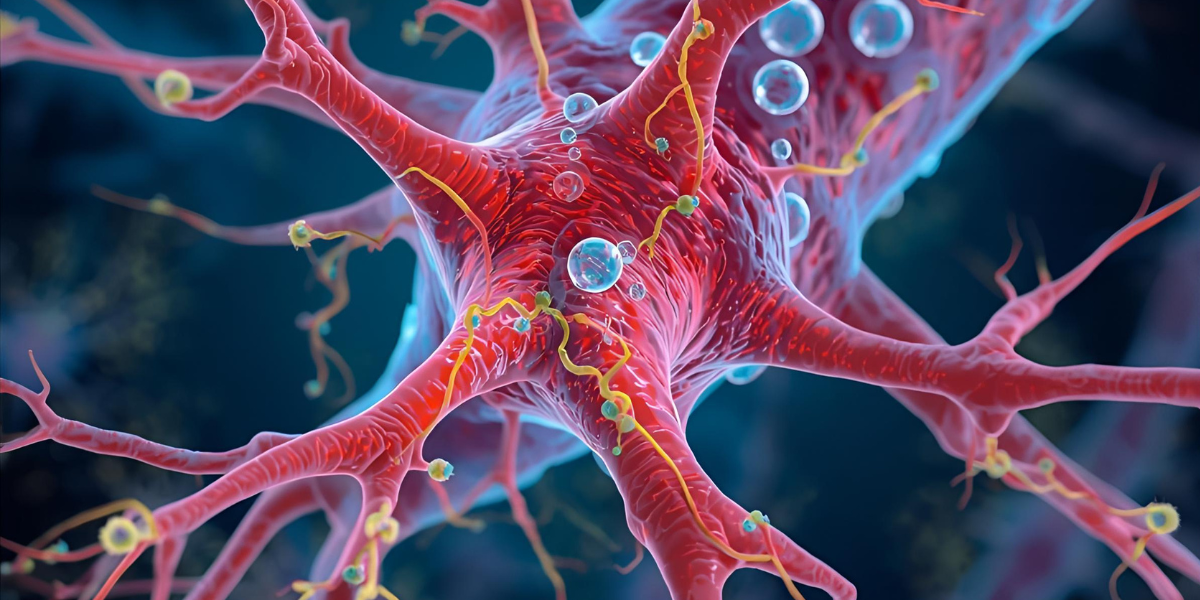
Your liver disease can affect you kidneys more than you think
Introduction
The liver is a remarkable organ known for its regenerative capabilities. It has the unique ability to repair and regenerate damaged tissue which enables it to recover from a wide range of injuries and insults. While the liver is indeed a regenerative organ with a remarkable capacity for self-repair, certain liver diseases can have detrimental effects on the kidney's problems. It's essential to monitor and manage liver diseases carefully as their progression can lead to kidney problems.
How liver and kidneys are related
The liver and kidneys are both involved in filtering and detoxifying the blood. The liver processes and metabolizes toxins, drugs and metabolic waste products from the bloodstream, converting many of them into water-soluble compounds that can be excreted by the kidneys. This collaboration helps eliminate waste and maintain the body's internal environment.
The liver produces urea, a waste product of protein metabolism which is eventually excreted by the kidneys in the form of urine. This process helps regulate nitrogen balance in the body.
Both organs play a role in regulating blood pressure. The liver helps regulate blood volume by producing proteins like albumin, which maintains oncotic pressure. The kidneys regulate blood pressure by controlling the volume of blood and the balance of electrolytes and hormones such as renin and aldosterone.
How liver diseases can impact the kidneys
Hepatorenal syndrome (HRS) is a potentially life-threatening condition in which liver dysfunction often associated with advanced liver disease (cirrhosis) leads to kidney diseases and dysfunction. As liver function declines, it can cause changes in blood flow to the kidneys, leading to a reduction in normal kidney function and the development of HRS.
When the liver is damaged or unable to detoxify the blood effectively, toxins and waste products can build up in the bloodstream. These substances can place additional stress on the kidneys potentially leading to acute kidney injury (AKI) or worsening of existing kidney problems.
Liver diseases can result in fluid retention in the abdominal cavity known as ascites. The accumulation of excess fluid can increase pressure on the blood vessels and impair kidney function potentially leading to kidney diseases and dysfunction.
Liver diseases can disrupt the balance of electrolytes in the body such as sodium and potassium. These imbalances can affect normal kidney function and lead to complications like dehydration or electrolyte abnormalities.
Conclusion
Taking good care of your liver is really important for the health of your kidneys. Your liver is like a superhero that can fix itself when it gets hurt, but if it's not working well because of various liver diseases, it can make your kidneys sick too. So it's best to keep your liver healthy by seeing a doctor regularly, making healthy lifestyle choices and following any medical advice you get. This way, you're not only helping your liver but also keeping your kidneys in good shape which is essential for your overall health.






